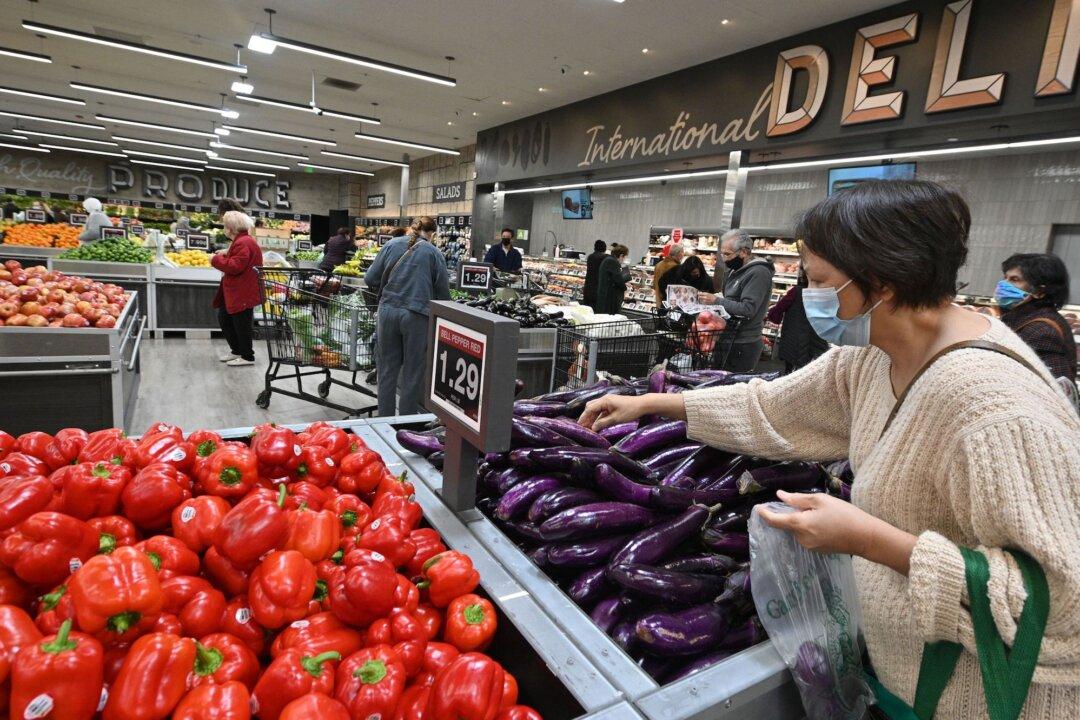Food prices across the world rose at their fastest pace on record in March, according to a UN agency.
The Food and Agriculture Organization of the United Nations (FAO) said that its food price index made a “giant leap” in March, rising 13 percent over the month to 159.3 points, an all-time high.





